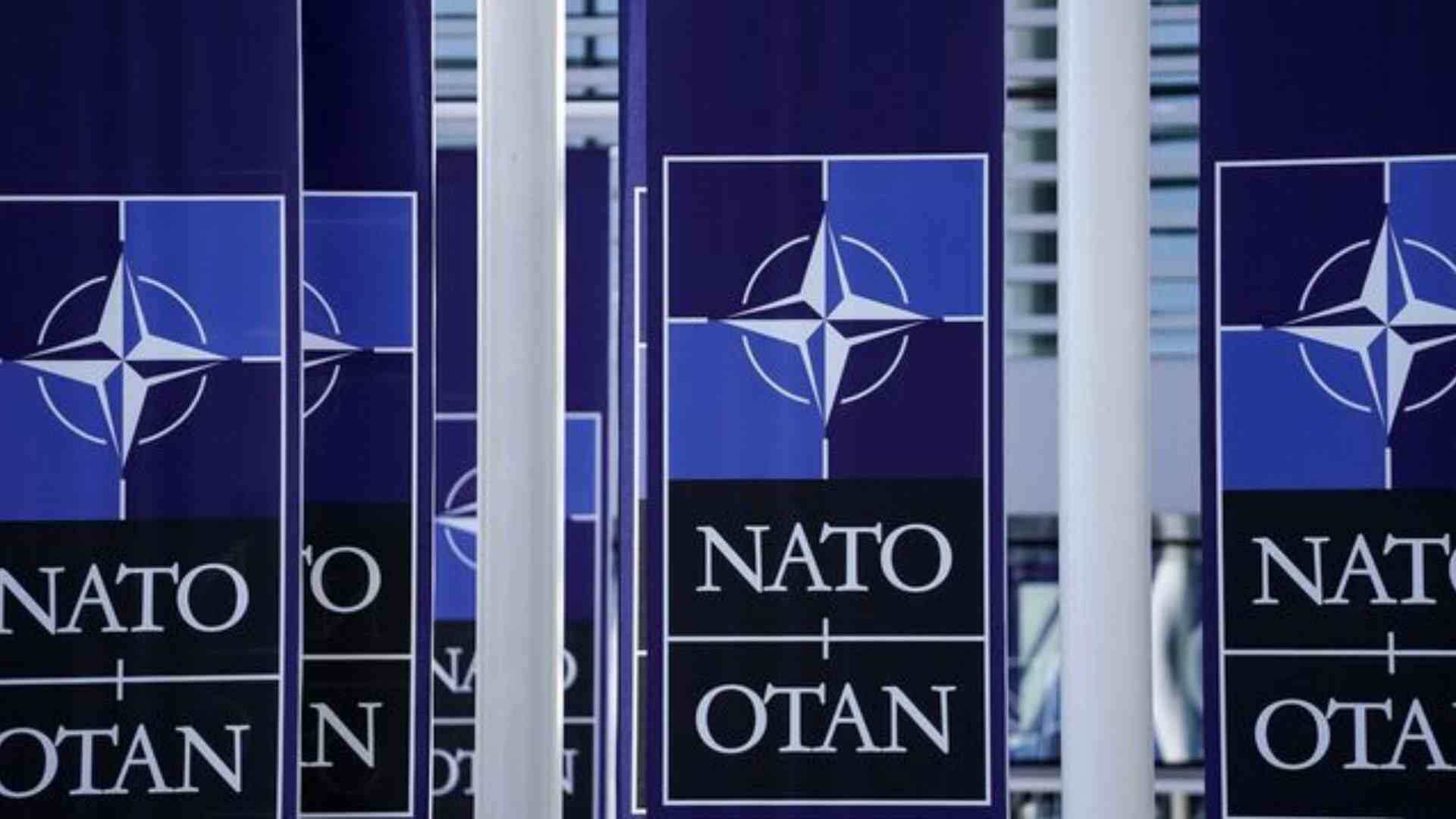In response to heightened concerns over potential Russian aggression following the 2022 invasion of Ukraine, NATO is preparing to bolster its defensive capabilities with a substantial increase in military forces, according to confidential sources.
A military insider, speaking anonymously, revealed to Reuters that NATO intends to add between 35 to 50 additional brigades to its ranks. Each brigade typically comprises 3,000 to 7,000 troops, underscoring the magnitude of the alliance’s undertaking.
Details of NATO’s revamped defence strategy remain classified, but the alliance’s decision to beef up its military presence marks its most significant defensive initiative in over three decades. This initiative comes in the wake of agreements made at a summit in Vilnius last year, where NATO leaders acknowledged the necessity of fortifying their stance against potential threats.
Germany, in particular, faces a monumental task, with reports indicating it may need to quadruple its air defence capabilities alone to meet NATO’s updated strategic imperatives.
An unnamed security source highlighted the scope of NATO’s preparations, emphasizing the alliance’s focus on enhancing air and missile defences, augmenting long-range weaponry, optimizing logistical infrastructure, and expanding large-scale ground manoeuvres.
A NATO official affirmed that detailed plans are in place to specify troop requirements and weaponry essential for safeguarding member states. “NATO will establish rigorous capability targets to ensure our forces are prepared to address evolving threats effectively,” the official stated, underlining the alliance’s commitment to maintaining robust deterrence capabilities.
In response to queries, the German Defence Ministry declined to comment on the specifics of NATO’s future strategies, citing their confidential nature. However, it reiterated the imperative for all NATO allies to align their military capacities with the alliance’s evolving defence mandates.
NATO leaders are expected to receive updates on these initiatives during an upcoming summit in Washington, coinciding with the alliance’s 75th anniversary celebrations. As NATO continues to refine its defence plans, collaboration among member states and ongoing coordination with military planners remain pivotal priorities moving forward.
This ambitious expansion underscores NATO’s resolute commitment to fortifying its defensive posture amidst a backdrop of renewed geopolitical tensions.







